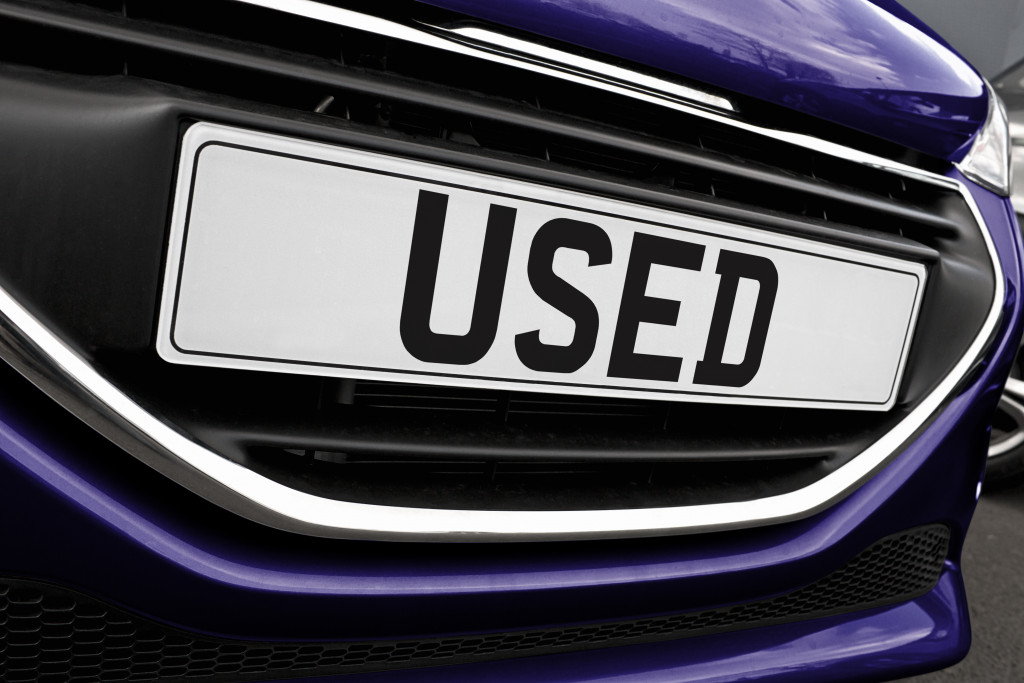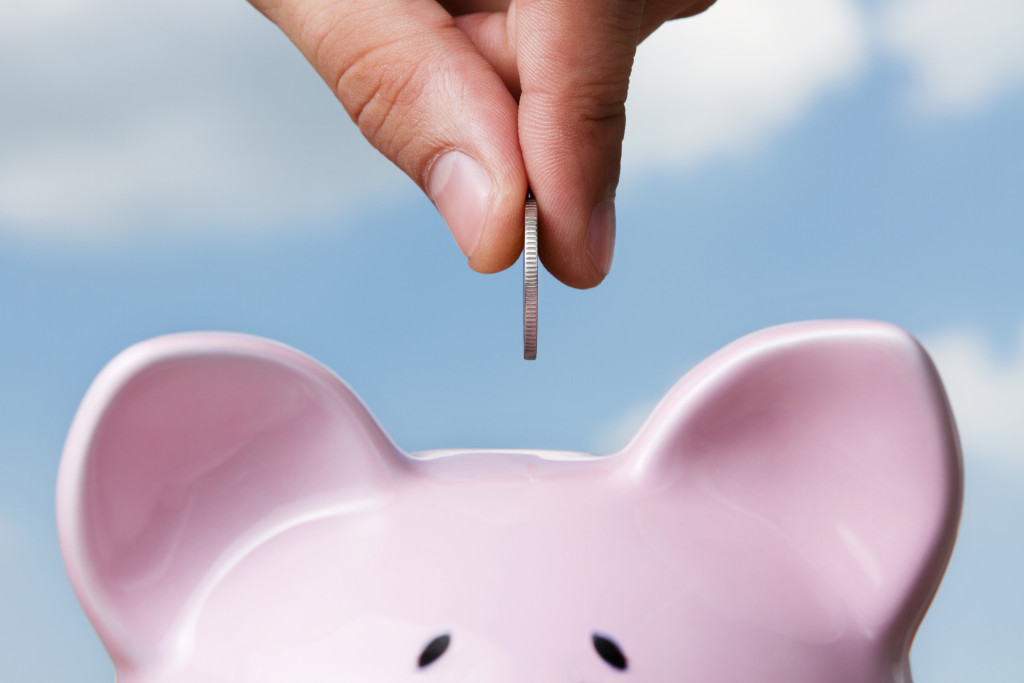The need for proper money management has been highlighted by the pandemic. With widespread anxieties on job security, people began to rethink their spending habits. This turned out to be a good thing for everyone because people realized that much of their previous spending practices were wasteful. As a result, Forbes cites data from the New York Times showing that as of February 2021, U.S. households had saved more than a trillion dollars compared to the same month in 2020. According to MarketWatch, results from the Global Consumer Confidence Survey show that in the first quarter of 2021, 62 percent of consumers stated that they actively cut their expenses.
Frugality in Style
Living a frugal lifestyle is now in style. People are being more mindful of their spending. Lavish expenditure is no longer considered cool. Making wiser choices is now appreciated more.
This does not equate to self-deprivation, though. Also, it does not mean buying the cheapest items. This is false economizing because the most affordable goods have the lowest quality, and people who buy them end up spending more on repairs and replacements.
Ways to Maintain a Lifestyle You Can Afford
1. Buy only what you need
Being frugal means buying only what you need. For instance, buy a new smartphone not because a new model has been released but only when your current phone is already beyond repair. When you do buy an item, choose a mid-range version that only has the features you need. Do not opt for the high-end version with all the bells and whistles you do not need. A mid-range version will also have a higher quality compared to the low-end version and will last longer.
2. Choose multipurpose products
Also, choose an item that will serve multiple purposes. For instance, if you need a watch, buy a diver’s watch that will look good at work but will also serve you well in your outdoor adventures. When purchasing that mid-range smartphone, choose one that is safe to get wet so that you need not get a separate camera for your vacations. If you are a gamer, you do not need separate setups for your gaming and remote work. Just ensure that all your games are off during work hours.
3. Opt for a second-hand car

If you need to replace your current vehicle, buy a slightly used one instead of a new car. The value of a brand-new car immediately depreciates by nine to 11 percent as you drive it out of the dealership. If you are buying a used car, though, hire a trusted mechanic to look it over first. This will spare you from costly repairs if you happen to buy a lemon.
4. Audit
Do an audit of your belongings before buying anything new. For instance, go through your clothes and remove everything that no longer fits or that you no longer wear. You can sell these online or donate them to charity. Next, classify the clothes that you are actively wearing by occasion. You might find that you still have enough outfits to cover all occasions, especially now that social functions are limited due to the pandemic. If you find specific gaps in your wardrobe, such as the need for a new winter coat, that is the only time you must buy a new one. Go for a classic instead of a trendy style that will quickly get outdated. People often buy new shoes just because they love the look of a new style. Ask yourself how many types of shoes you really need and how often you wear them. Resist the temptation to collect.
5. Shop online
Most people now shop online for personal items and even groceries. You can choose from various apps that provide cashbacks, rebates, or rewards for your online purchases. Compare them, so you get the one with the highest returns. Even a few dollars on each purchase can add up in the long run. This is like getting an instant discount on everything you buy.
6. Cook your own food
You can continue eating well at home on a budget. Limit deliveries of cooked meals because these cost more than homecooked food. You can eat better meals at the same price or the same food at a lower price. It costs even less if you cook dishes in bulk and freeze them in meal portions. Pasta sauces and stews freeze well. You can quickly heat these up as needed.
Prepare your recipes for a week or two in advance and list down all the ingredients you need. Also, list down your healthy snacks for the period. Having such a grocery list will prevent you from purchasing items you do not need. Identify food items like pasta that have a long shelf life and that you often use in meals.
7. Buy in Bulk
Also, you can save on toiletries like toilet paper, bath soap, shampoo, and conditioner. You can save by buying these items in bulk, especially when they are on sale.
Making a few daily tweaks and giving extra thought to major purchases will ensure that all your needs are covered and that you live comfortably while building up your savings. This is a lifestyle that will give you peace of mind amid the pandemic.

